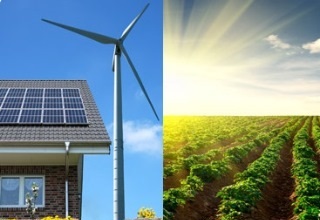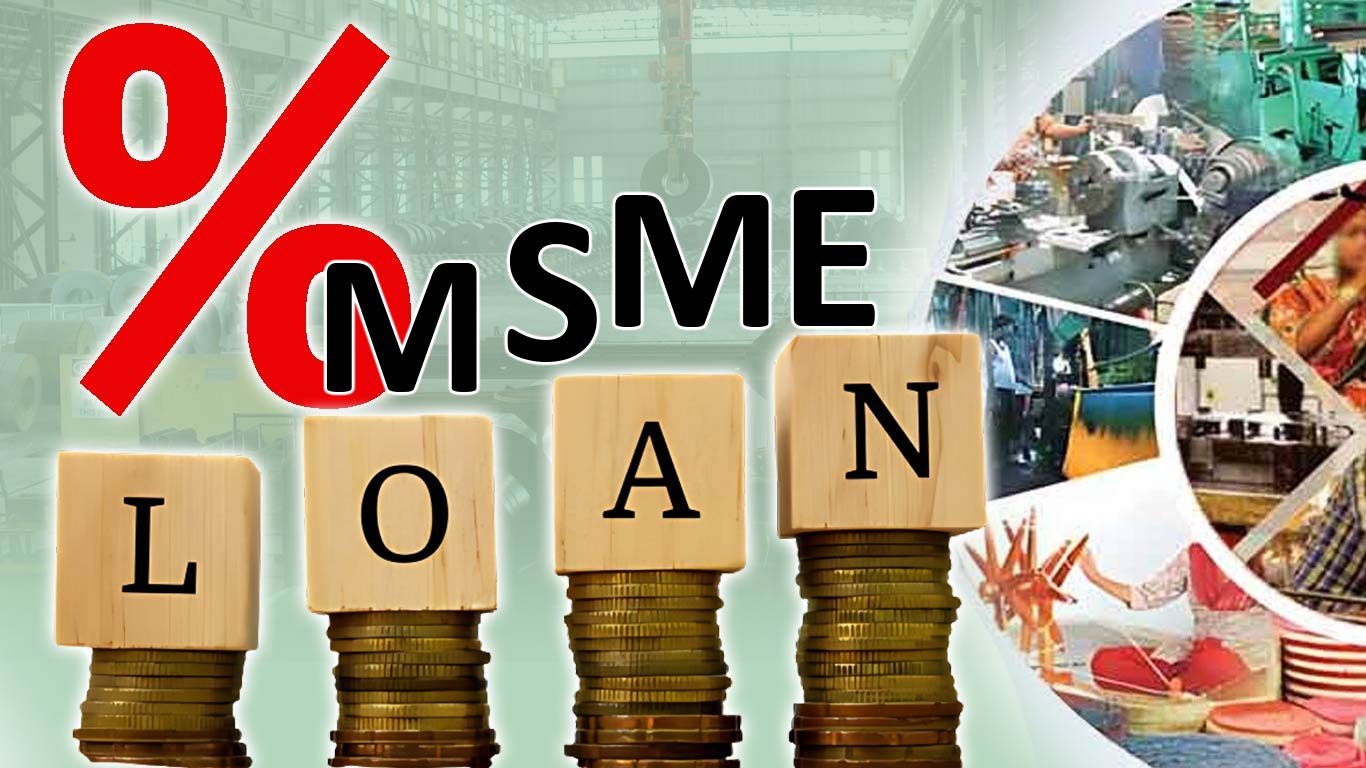New govt should introduce energy efficiency measures in MSMEs: TERI
Updated: May 13, 2014 03:45:25pm

“Within the industrial sector, the Micro, Small and Medium Enterprise (MSME) segment is associated with low efficiencies due to several barriers such as use of obsolete technologies, non-availability of readymade technological solutions, low level of awareness/information availability, non-availability of technology providers at local/cluster level, relatively high cost of technologies and poor access to finance,” TERI said in its report.
It is estimated that there is a possibility to reduce energy consumption by up to 25-30 per cent by introducing energy efficiency measures in these sectors, it added.
Energy efficiency measures can be implemented on the energy supply as well as demand side across the energy intensive end-use consuming sectors. For instance, in the transport sector, key interventions include introduction of energy efficiency standards and encouraging use of public transport, the institute recommended.
According to TERI’s report called Energising Growth, with a rank of 136 among 186 countries in terms of its human development index, India still has a long way to go in developing adequate infrastructure and services.
Despite the increase in availability, India faced an energy deficit of 8.7 per cent and a peak deficit of 9 per cent in 2012-13. However, the much-needed rapid and inclusive growth of the economy would inevitably call for significantly higher levels of energy use.
Energy security therefore needs to figure prominently at the core of India’s development agenda to ensure that adequate and affordable clean energy forms can be made available to fuel India’s growth path in the coming decades, TERI said.
TERI’s analysis indicates that under a Reference Scenario, India’s total energy requirements would increase three folds from the current level by 2031, with coal and oil continuing to contribute a large part of this energy need. Further, it is anticipated that even with best efforts to improve efficiencies and enhance availability of domestic fuels, India’s energy import dependency is likely to continue increasing and remain high during the next few decades.
There is a need for implementing innovative pricing mechanisms that reflect true costs of alternative options and induce efficiency in energy production and consumption. Further institutional changes and regulatory mechanisms geared towards creating a more enabling environment and ensuring constant compliance and progress are warranted, the report said.
A co-ordinated approach cutting across various energy sub-sectors (coal, oil, gas, renewable, electricity etc) would be instrumental in pushing forward a coordinated and integrated energy policy for the country.
It is proposed that a Cabinet of Secretaries (CoS) be set up with representation from the ministries concerned to define policy and address all issues in an integrated manner.
“To ensure this, there is a need to gradually move towards a single energy regulator. It is envisaged that the structure for Single Energy Regulatory Commission is such that the existing energy sub-regulators would automatically become a part of the Commission at the member level,” it said.
They would assume advisory roles and their active participation is essential to ensure the smooth co-ordination across sectors as well as to ensure a link between the functioning of the energy regulator with their respective sub-sectors. (KNN Bureau)











